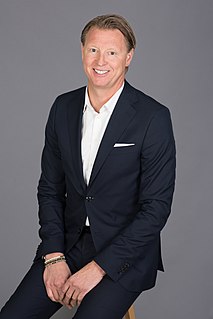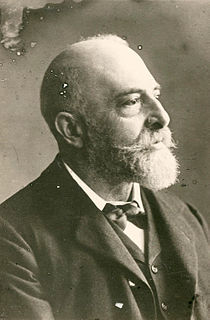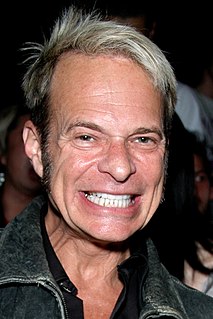A Quote by Andrew Yang
In a professional service environment, you often work on one engagement or deal after another, with one ending before the next begins.
Quote Topics
Related Quotes
Hard work is about risk. It begins when you deal with the things that you'd rather not deal with: fear of failure, fear of standing out, fear of rejection. Hard work is about training yourself to leap over this barrier, tunnel under that barrier, drive through the other barrier. And after you've done that, to do it again the next day
You're trying to make the language work, and your subconscious is being allowed to make the deeper, more profound connections. It's much better than going at it all frontally. But you can't conjure it in an intellectual way; it has to come out of another engagement, a more intuitive engagement. Revision is where the intellectual, analytical work happens. At least for me.
While I had no intention of ending the series after 'The Spellmans Strike Again,' I did close many doors in that book and, with the fifth one, I was opening a lot of doors and not finding anything behind them and then opening another door and another until I found something. It was a while before I found my stride.
The idea, shared by many, that life is a vale of tears, is just as false as the idea shared by the great majority, the idea to which youth and health and riches incline you, that life is a place of entertainment.
Life is a place of service, and in that service one has to suffer a great deal that is hard to bear, but more often to experience a great deal of joy.
But that joy can be real only if people look upon their life as a service, and have a definite object in life outside themselves and their personal happiness.
As a writer, I've always believed that while my work and I myself are embedded in whatever period I am writing about, clearly I am sensitive to the winds that are blowing in the culture. At the same time, I have always felt that the issue was not to deal with the problem in the abstract, but to deal with the people who are in that problem. The emphasis is on the people. The general problem begins to resolve itself even before the play is finished.




































